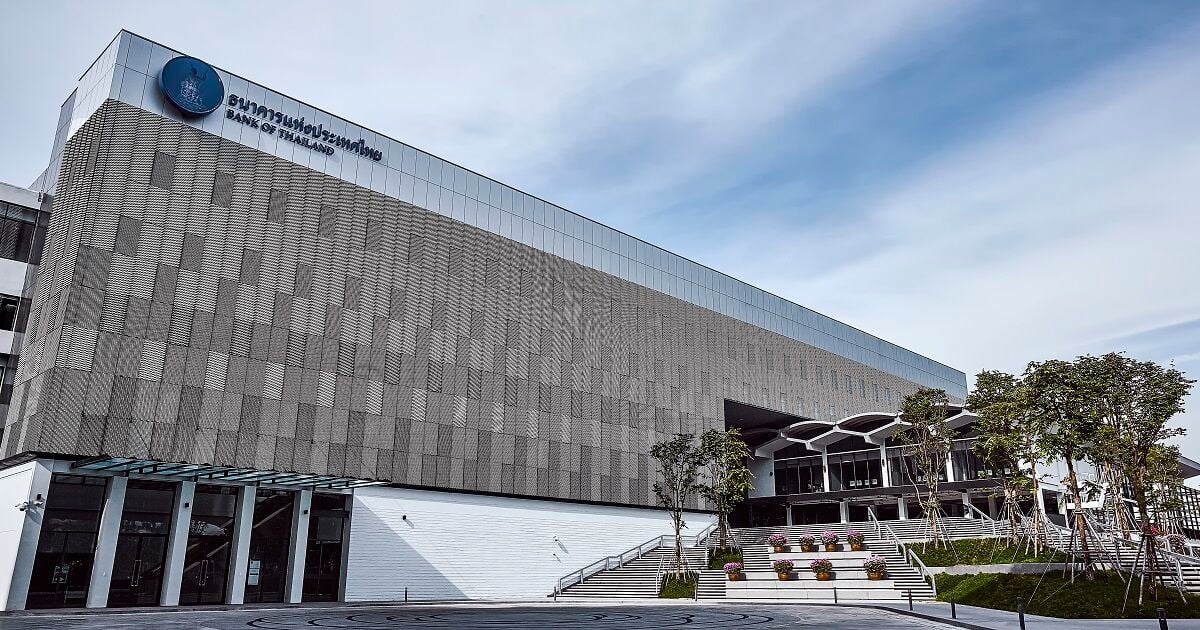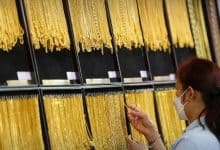Thai business group demand rate cut to keep exports afloat

Thailand’s leading business group called for an urgent reduction in interest rates, reflecting growing concerns about the impact of a rapidly appreciated baht on exports.
The Joint Standing Committee on Commerce, Industry and Banking (JSCCIB) chairman, Sanan Angubolkul, highlighted the urgency for the Bank of Thailand (BoT) to adjust rates, aligning with the government’s repeated calls for monetary easing. Markets are anticipating a 25 basis points cut, with further reductions expected next year, said Sanan.
“The Bank of Thailand should urgently adjust rates.”
Sanan noted that the baht’s strength renders it uncompetitive for exports, a crucial growth driver.
“The strong Thai baht is causing concern in all sectors. The government can take several actions, such as boosting exports to stimulate the economy and make the most of the current strong baht.”
The baht reached its highest level in 31 months, trading at 32.125 against the US dollar. Year-to-date, it has appreciated by 5.0%, becoming the region’s second-best performing currency after Malaysia’s ringgit.
The business group maintained its economic growth forecast at 2.2% to 2.7% for this year, citing supportive government stimulus measures. So far, 140 billion baht (US$4.29 billion) in cash has been transferred to vulnerable groups under the government’s handout scheme.
Despite concerns over the strong baht, the JSCCIB kept its export growth outlook at 1.5% to 2.5%. The call for a rate cut comes as the Ministry of Finance and the BoT prepare to meet this week to discuss the inflation rate target, unchanged since 2020, and the currency’s performance.
Rate cut
The meeting, initially reported by Reuters, follows months of governmental pressure on the BoT to cut rates and synchronise with fiscal policies aimed at stimulating the economy. Finance Minister Pichai Chunhavajira expects to agree on an inflation target with the central bank this month.
The JSCCIB, which includes representatives from commerce, industry, and banking sectors, also seeks a meeting with the central bank to discuss rate adjustments, according to Sanan, who is also the chairman of the Thai Chamber of Commerce.
In August, the BoT held key interest rates at a decade-high of 2.50% for the fifth consecutive meeting. The rate review panel is set to meet again on October 16.
On September 30, the BoT stated it was managing the baht’s volatility, acknowledging that the currency’s rapid appreciation was affecting exporters’ profits and tourism spending, both critical economic drivers.
Deputy Finance Minister Paopoom Rojanasakul criticised the BoT on October 1 for insufficiently managing baht fluctuations, attributing the root cause to interest rates misaligned with the economy, reported Bangkok Post.
Southeast Asia’s second-largest economy grew at a faster pace of 2.3% year-on-year in the April-June quarter, following a 1.9% expansion last year.
Latest Thailand News
Follow The Thaiger on Google News:


























